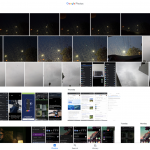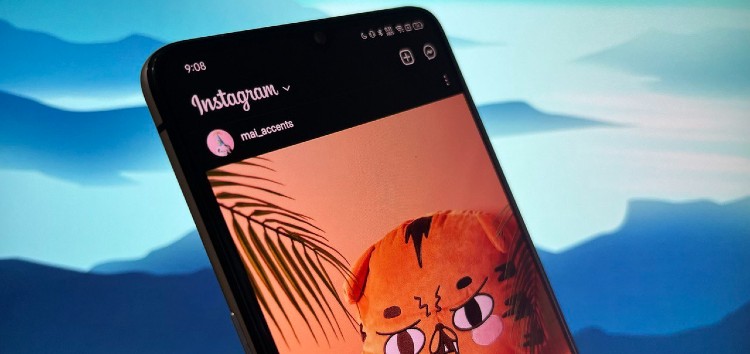Do you think Google should start focusing on improving the user experience on Android tablets?
— PiunikaWeb (@PiunikaWeb) January 31, 2021
Vote below & read our opinion here: https://t.co/wrTrBQDzsu
New updates are being added to the bottom of the story…
Original story (from Jan 31, 2021) follows:
Android accounts for the biggest number of smartphone sales on the planet. The story, however, is the exact opposite when it comes to tablets.
Sure, there is still a tablet market out there, but Apple owns the biggest chunk of it compared to Android as a whole. So good is the iPad business that Apple gave the tablets a dedicated iPadOS.
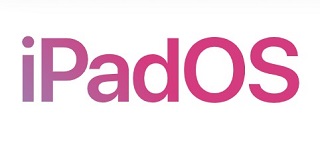
With iPadOS, which first arrived in 2019, Apple was essentially sending a strong message to aspiring competitors (as it stands, Apple arguably has no competition) with its line of multitasking iPads.
The fact that the iPad and iPhone are evidently catering to different markets necessitated the need to separate their software development environments.
For instance, iPad users enjoy the multitasking capabilities and keyboard support included in iPadOS but these are not the kind of things that would add value to the iPhone.
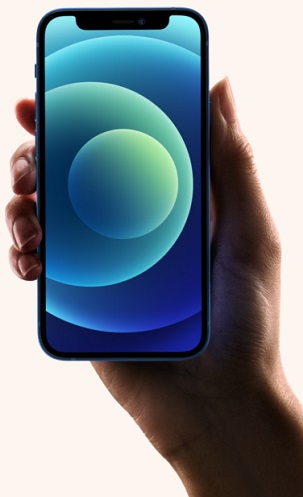
This is just one typical example of what a great decision it was for Apple to separate iPadOS from iOS. The company is able to focus on adding more useful features to either environment without getting in the way of the other.
Slide Over and Split View have made working with multiple apps on iPad effortless. Now they can take your workflows to another level by letting you work exactly how you want in even more intuitive ways.
Source
Perhaps Google should borrow a leaf from Apple. The big G already has a dedicated smartphone, TV, and wearable OS, but Android tablets also need their dedicated OS to save them from potential extinction.
For those of you who have interacted with the latest Android 11, you probably already noted the minor differences with the previous Android 10. The same was the case with respect to Android 10 and Android 9.
Gone are the days when a new OS version would mean a complete overhaul of the UI and a flurry of new features. Today, a few aesthetic touches here and there have become the norm.

Essentially, this means that Android has matured as a smartphone operating system. Not much can be added or removed from the software in its current form to make it significantly better.
This is where Android tablets come into the picture. The standard Android smartphone OS isn’t just playing nicely with tablets — be it the general UI or even the number of apps supported — and this too for a very long time.
The fact that even some of Google’s own apps are not fully optimized for the tablet environment says it all. The popular Google Photos app, for instance, just got updated to support Android tablets a few days ago.
This clearly shows how much Android tablets have been neglected by Google, all at the expense of smartphones. Since the likes of Samsung are still pushing tablets into the market, maybe Google needs to redirect some of its efforts to this platform.
This should be possible given that Android for phones now requires little resources to keep going, presenting Google with ample time and resources to improve the UI/UX on Android tablets and even foldable phones.
Up to this point, most Android tablet apps are basically the same smartphone apps but overstretched. This leaves users with an undesirable experience that hardly screams “come back”.
This explains the continued decline in Android tablet sales over the years. No one wants to spend their hard-earned cash on a device with a terrible UI and developer support.
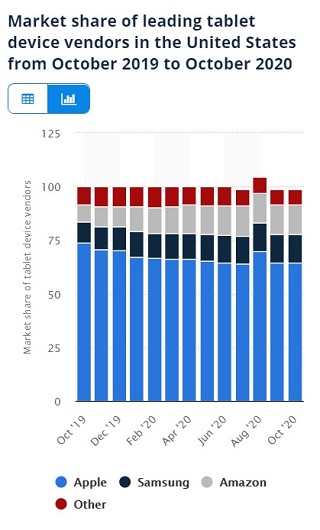
Apple keeps winning on these fronts. And if Google keeps focusing on smartphones, nothing — and no one, not even Samsung — will save the dying Android tablet market from eventual extinction.
We would like to hear your opinion on this matter too. Do you think Google should start focusing on improving the user experience on Android tablets? Let us know by casting your vote on the Twitter poll below.
NOTE: The article will be updated next week with the poll results, so be sure to cast your vote now.
Update 1 (Feb 07, 2021)
The poll results are live. An overwhelming majority (close to 90%) of those who voted agree that Google should indeed start focusing on improving the user experience on Android tablets.
While literally, no one agreed that Android’s tablet experience is good, around 10% of those who voted said they don’t really care. In case you missed the poll, you can leave your thoughts in the comments section at the bottom of the page.
Update 2 (November 03, 2021)
Well, Google has just announced the Developer Preview build of Android 12L, a version of Android 12 that is optimized for large screens like tablets and foldables.
PiunikaWeb started as purely an investigative tech journalism website with main focus on ‘breaking’ or ‘exclusive’ news. In no time, our stories got picked up by the likes of Forbes, Foxnews, Gizmodo, TechCrunch, Engadget, The Verge, Macrumors, and many others. Want to know more about us? Head here.

![[Poll results out] It's time Google focuses on improving user experience on Android tablets [Poll results out] It's time Google focuses on improving user experience on Android tablets](https://piunikaweb.com/wp-content/uploads/2020/12/samsung-galaxy-tab-s7-second-screen.jpg)
